The Evolution of Marketing Strategies in the Digital Era
Introduction
The history of marketing is a long story to tell. The short of it is that marketing is as old as civilization but driven by advanced technological and scientific innovations in marketing strategies today.
Marketing has dynamically evolved over time. We are witnessing the emergence of modern methods of traditional advertising.
This evolution in today’s digital era has totally altered business-customer interaction. With the arrival of digital marketing, various cyberspace advertising methods have become cornerstones of modern promotional strategies.
However, amidst all this, emerges a new frontier known as the “Digital Mirage.” A notion referring to the delusions and misconceptions surrounding the efficiency of various digital marketing strategies.
Businesses should realize potential dangers and navigate through this mirage to create successful marketing campaigns. By demystifying common myths and seizing the true power of digital marketing, business can truly harness its potential to exploit its brand’s influence and impression.
In the digital mirage, unveiling new frontiers of marketing has witnessed a shift that has empowered organizations to perform miracles. They have been able to reach new heights by harnessing the vast potential of online platforms.
Customers are engaged and mesmerized in previously unthinkable ways to accomplish this. As technology continues to rapidly advance, it is essential for businesses to leverage powerful content marketing strategy tools in order to stay ahead in an increasingly competitive market.
Let’s try to demystify some key evolutionary marketing strategies in the digital age
The Rise of Data-driven Marketing Strategies
Recently, in digital marketing, data-driven marketing strategies have become increasingly prominent. With the advent of advanced data analysis tools and technologies, businesses are now able to harness vast amounts of customer data to inform their marketing efforts.
Data-driven marketing encompasses a wide range of practices. This includes customer segmentation based on demographic and behavioral data, that allows more personalized marketing campaigns. This approach enables businesses to tailor their messaging and offerings to specific customer segments, resulting to higher engagement and conversion rates.
Businesses are now leveraging these insights and employing personalized marketing techniques to establish stronger connections with their target audience. This is helping them to drive more effective marketing outcomes, aka sales, when marketing services online.
Harnessing Big Data for Targeted Advertising Campaigns
Nowadays, businesses are increasingly harnessing big data analytics to fuel their targeted advertising campaigns. To gain valuable insights into customer behavior, preferences, and demographics, you’ll need to harness the power of big data analytics.
Programmatic advertising is revolutionizing the industry by automating ad buying process and enabling real-time bidding on ad space. Big data analytics is helping optimize programmatic advertising to deliver more relevant and impactful ads to specific audiences. This is what the digital mirage, unveiling new frontiers in marketing strategies, has revealed.
Ad personalization is another key aspect of using big data for targeted advertising campaigns. It is enabling brands to tailor their messages based on a consumer’s past interactions and interests.
The most commonly used by seasoned data analysts is DataBricks, a unified data analytics platform for large datasets. It is an open-source computer system built on Apache Spark and provides a collaborative atmosphere for big data processing and data science tasks.
To learn more about Databricks, visit their website or Databricks community edition for data analytics best practices
Another useful platform is Datadog, a monitoring and analytics platform for cloud-scale applications. It provides monitoring of databases, services, servers, and tools through a SaaS-based data analytics platform.
There are many other valuable platforms in use today for data analytics, visualization and monitoring, such as Splunk enterprise and Grafana cloud, an open-source platform.
All these will allow precise audience targeting and the delivery of highly personalized ads that resonate with individual customers.
Overall, harnessing big data for targeted advertising campaigns offers powerful ways for businesses to. It’s a plus for their internet marketing services to reach their desired audience with precision and relevance.
You might also be interested in The Ultimate Guide to Powerful Online Marketing Tools to Revamp up your business campaigns.
Leveraging Artificial Intelligence and Machine Learning in Marketing Automation
Today, leveraging artificial intelligence and machine learning in marketing automation is the best idea one can harness to make a killing. Integrating AI into marketing automation processes will help your business personalize customer experiences.
Optimizing targeting strategies and streamlining repetitive tasks are added advantages of AI. AI-driven marketing automation harnesses the power of predictive analytics to deploy chatbots for enhanced customer engagement. Use chatbots to your advantage!
AI is enabling organizations to drive efficiency, improve lead generation, and deliver hyper-targeted campaigns. AI in marketing has the ability to analyze massive datasets and predict future trends. It is empowering businesses to make data-driven decisions that maximize ROI and enhance overall customer satisfaction.
Nowadays, industry leaders continue to embrace this cutting-edge technology. The fusion of AI and machine learning with marketing automation promises unprecedented levels of innovation and success. No doubt, many digital marketing managers are leveraging AI-driven automation every day by using the best marketing automation software.
Exploring the Power of Search Engine Optimization (SEO) in Driving Organic Traffic
Currently, search engine optimization (SEO) strategies are playing a key role in driving organic traffic growth to a website. Effective keyword research is the foundation of successful SEO marketing.
When it comes to SEO, Google is the king and authority. It creates the rules to follow—simple and clear! You mess up, and you are done! What next? Use a keyword research tool.
The Google Keyword Planner is the best tool for keyword research. Of course, there are others. The tool helps identify the terms and phrases that potential visitors are using to search for relevant content. This is a very effective content marketing strategy.
The best bet is to strategically incorporate keywords into on-page optimization. These focus keywords should be incorporated in meta tags, headings, and content. Your website will definitely improve its visibility on search engine results pages. Popular search engines include Google, Microsoft Bing, Yahoo, Baidu, and Yandex.
Please do not stuff keywords everywhere in your content. The Google keyword algorithm has since changed! Follow the rules or risk Google downgrading you. Google search via www Google website will give you rules and regulations on best keyword practices.
Another key feature is off-page optimization, done through link building and social media engagement. This one contributes to organic traffic growth by increasing a site’s authority and relevance in the eyes of search engines.
Businesses are continually exploring the power of SEO optimization. Many young entrepreneurs do not know the true meaning of SEO. They may need SEO-marketing courses offered by digital consultants or Google SEO online courses.
Do a thorough Google search, and you will get heaps of SEO-related free keyword research tools and tutorials.
The digital guide, unveiling new frontiers in marketing strategies, implies harnessing internet marketing strategies to attract a steady stream of qualified visitors to their websites.
The Rise of Social Media and Its Impact on Marketing Strategies
Every internet marketing company is talking social media. Its entry in businesses has truly transformed marketing strategies. It has influenced business by providing unparalleled opportunities to engage with customers in a more personal and targeted manner.
There are many essential marketing tools in the social media marketing world to use. Such include Twitter, LinkedIn, Facebook, Instagram, and TikTok. These have the capacity to reach potential customers and drive brand awareness easily.
Social media marketing is evolving into a multi-faceted approach that we need to embrace. To succeed, we need to create compelling content tailored to each platform’s unique features and audience demographics.
We also need to add to our arsenal an emerging, powerful strategy: influencer marketing. These leverage popular social media personalities to promote products and services genuinely to their followers.
Moreover, content creation for social media has become an art form in itself. It is important to develop visually stunning images, engaging videos, and informative posts. In them, we will be in a position to capture our audience’s attention.
For instance, brands like Nike have leveraged Instagram to showcase inspirational lifestyle content combined with product promotions effectively. We need to follow suit.
Every digital marketing manager knows that the impact of social media on marketing is profound. It is very demanding—creativity, adaptability to new trends, and algorithm updates are everything.
This is despite the fact that it emphasizes the importance of building genuine relationships with online communities to truly harness their potential for business growth.
The Mobile Revolution: Reaching Customers Anytime and Anywhere
Since the turn of the century, the mobile revolution has completely changed marketing strategies. From the way we can transact business, consume products, and deliver services.
It is now very easy to contact our customers and allow them to connect with us anytime and anywhere. It has sort of become like bliss.
Mobile marketing and advertising have become essential tools for us to engage with our target audience. The digital mirage, unveiling new frontiers of marketing in the digital age, leads to demystifying online marketing in general.
With the rise of app-based internet marketing, we can create personalized experiences for our users. As a mobile marketer, you’ll need to provide valuable content and promote it directly through mobile marketing services.
Additionally, location-based targeting can enable us to deliver targeted marketing messages based on a user’s geographic location. This can include SMS marketing, text messaging marketing, and email marketing. This in itself makes marketing efforts more relevant and impactful.
The proliferation of digital devices, technology, flexible working, and connectivity revolution is a blessing to us in disguise. The use of mobile devices will become the norm for everyone in businesses, big or small.
Imagine just using a text messaging platform to deliver marketing texts instantly to a client. Just awesome! Its use will surpass any other technological advance used previously in internet marketing services.
As a result, as mobile marketers, we will have our businesses empowered to establish real-time connections with our customers.
We anticipate increased brand engagement and loyalty. These are some of the best content marketing examples out there, and we need to embrace them with a passion for victory.
The Future is Video: Exploring the Influence of Video Marketing Trends
The future of marketing is clearly trending towards video content strategies in internet marketing. Video marketing is very influential today. It is turning internet marketing into a lucrative digital marketing strategy.
The social media platforms have risen tremendously. With the increasing popularity of consuming video content, we may need to focus more on creating engaging and compelling video ads to reach our target audience.
Video marketing platforms and video marketing tools are making it possible to achieve this. They are God-send internet managers for online marketing for small businesses. Make proper use of them to effectively achieve your internet goals.
Live streaming has also become a powerful tool for brands to connect with their customers in real-time. It allows direct interaction and immediate feedback. Interactive videos have also gained traction. They provide an immersive experience that encourages viewers to actively engage with the content.
For example, companies like Nike have utilized interactive videos to allow customers to personalize and customize their products before buying anything. Overall, these video marketing trends can help shape the way your business promotes products and services in this competitive market.
Embracing Emerging Technologies for Next-Level Customer Experiences
Embracing emerging technologies is essential for businesses to provide next-level customer experiences. Using virtual reality (VR) in your marketing will allow brands to create immersive experiences that engage and captivate your customers like never before.
On the other hand, augmented reality (AR) experiences bring a new dimension to product interaction. It will allow your customers to visualize products in their own environment before making a purchase.
Another one is voice search optimization. These enable businesses to cater to the growing number of voice searches. It will ensure that your products and services are easily discoverable through voice-activated devices.
Chatbots are computer software that emulates human conversations through text or voice interactions. Chatbot communications provide personalized and efficient customer service.
They deliver real-time and empathic responses. One of the most popular is Chatgpt, a free-to-use natural language processing tool. It offers immediate assistance, responses to queries, and assistance with tasks.
If you can integrate these technologies into your strategies, you can enhance customer engagement and satisfaction, ultimately driving growth and success to your internet business.
Ethical Considerations in Digital Marketing: Balancing Privacy and Personalization
You’ll need to carefully consider ethical considerations in digital marketing. They are very important in today’s highly connected world. One of the key challenges is balancing digital privacy concerns with the desire for personalized targeting.
With the increasing use of data-driven strategies, it is crucial for marketers like you to uphold ethical practices in data usage. In the digital age, unveiling new frontiers of marketing strategies is important for targeted advertising and upholding ethics.
Obtaining consent from your consumers before utilizing their personal information is extra important. For targeted advertising, ensure that their privacy is protected. On one hand, personalized targeting can enhance the effectiveness of your marketing efforts. But on the other hand, it raises questions about consumer consent and data privacy.
Striking a balance between personalization and respecting consumer consent is essential to maintaining trust and integrity in your digital marketing practices. Marketers like you and me must navigate these ethical considerations. This will ensure that we respect individuals’ right to privacy while still delivering relevant and impactful messaging.
Conclusion
In conclusion, embracing the digital age is not just an option but a necessity. That is, if you want to stay relevant in this ever-evolving world of marketing services online. It will require you to stay abreast of changes to regulation, cybersecurity, and data protection. This is all while continually innovating with creative, strategically sound campaigns.
By leveraging digital tools and platforms, your business can reach broader audiences. You can definitely engage with customers in new ways and ultimately drive growth and success. It’s now time for you to embrace the digital revolution, harness its power, and succeed in the marketing business.
Need to know more? Contact us anytime, any day, for queries, concerns, or inputs. Otherwise, use every marketing strategy in this guide, check out the complete manual for beginners, and make more money online.
Resources
Find out some of the best strategies for your small business marketing: https://www.forbes.com/advisor/business/small-business-marketing/
Get free, affordable, and fast marketing ideas here: https://www.wordstream.com/blog/ws/2020/12/09/free-and-low-budget-marketing-ideas
Get more tips on small business strategies in this guide
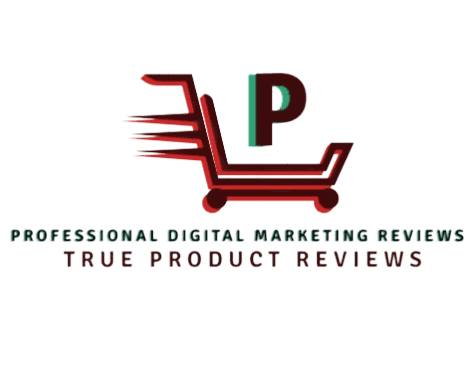
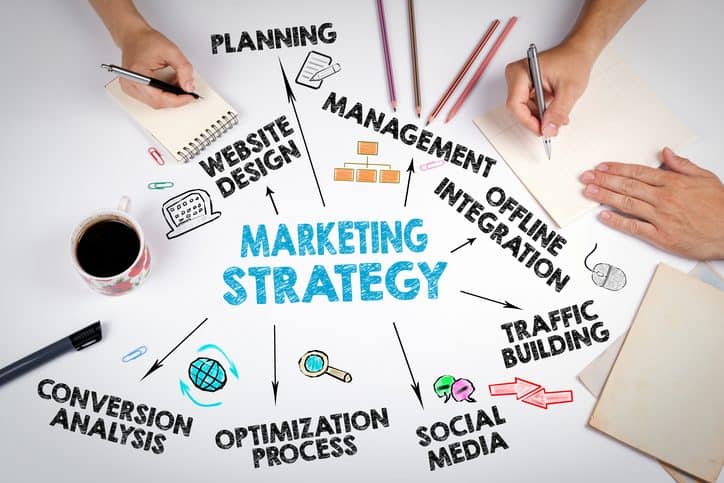
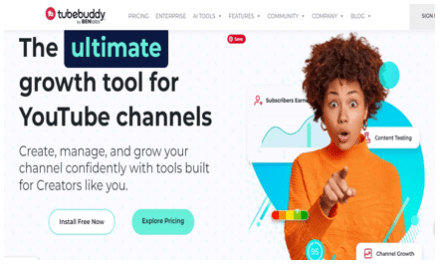
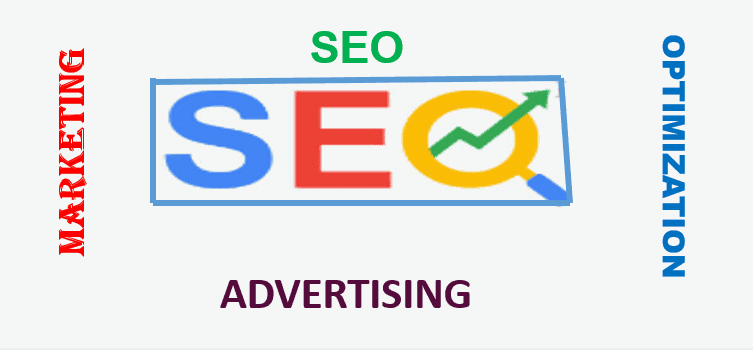
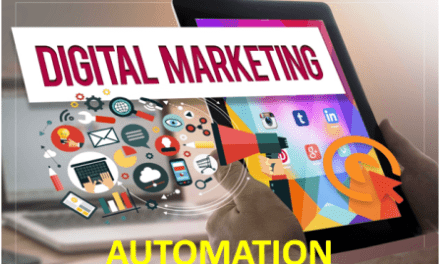
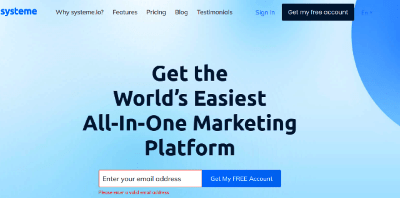

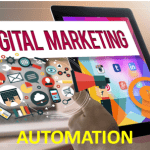




Thank you for your sharing. I am worried that I lack creative ideas. It is your article that makes me full of hope. Thank you. But, I have a question, can you help me?
Yes shoot your question please